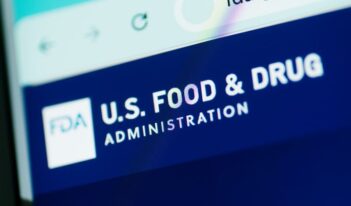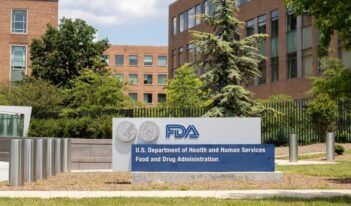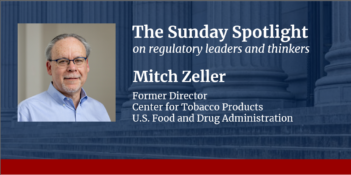Lights, Camera, Deception
Scholars argue that regulators and celebrities must work to halt ads for miracle weight loss products.
Bridging the AI Regulatory Gap Through Product Liability
Scholar proposes applying product liability principles to strengthen AI regulation.
Week in Review
President Trump imposes reciprocal tariffs on over 60 countries, FDA launches PreCheck Program to streamline regulatory review, and more…
Nothing to See Here, Move Along
The Supreme Court’s recent unanimous decision on FDA’s tobacco-authorization authority is utterly unremarkable.
Recent E-Cigarette Decision Leaves Unanswered Questions
A unanimous Supreme Court instructed the Fifth Circuit to reconsider the harmless error rule for agency action.
A New Era of Cosmetics Safety Regulation
Scholars consider how the Modernization of Cosmetics Regulation Act strengthens federal oversight.
Making Drugs Affordable Through Personal Importation
Personal importation is the fastest route to “most-favored-nation” drug pricing.
Restoring FDA’s Premarket Review Powers
Scholar proposes reforms to address deficiencies in FDA’s premarket review powers.
Increasing Transparency in the Biologic Patent Dance
Scholars propose changes to patent disclosures under the Biologics Price Competition and Innovation Act.
Regulating in the Name of Public Health
Mitch Zeller discusses the challenges of regulating to protect the public’s best interest.
Multi-Level Marketing, Multi-Level Accountability
Scholar urges lawmakers to hold multi-level marketing companies liable for misleading claims made by salespeople.
The Supreme Court’s Reassuring Opinion on Agency Decision-Making
The Supreme Court offers a robust vision of hard look review in a polarized political climate.












